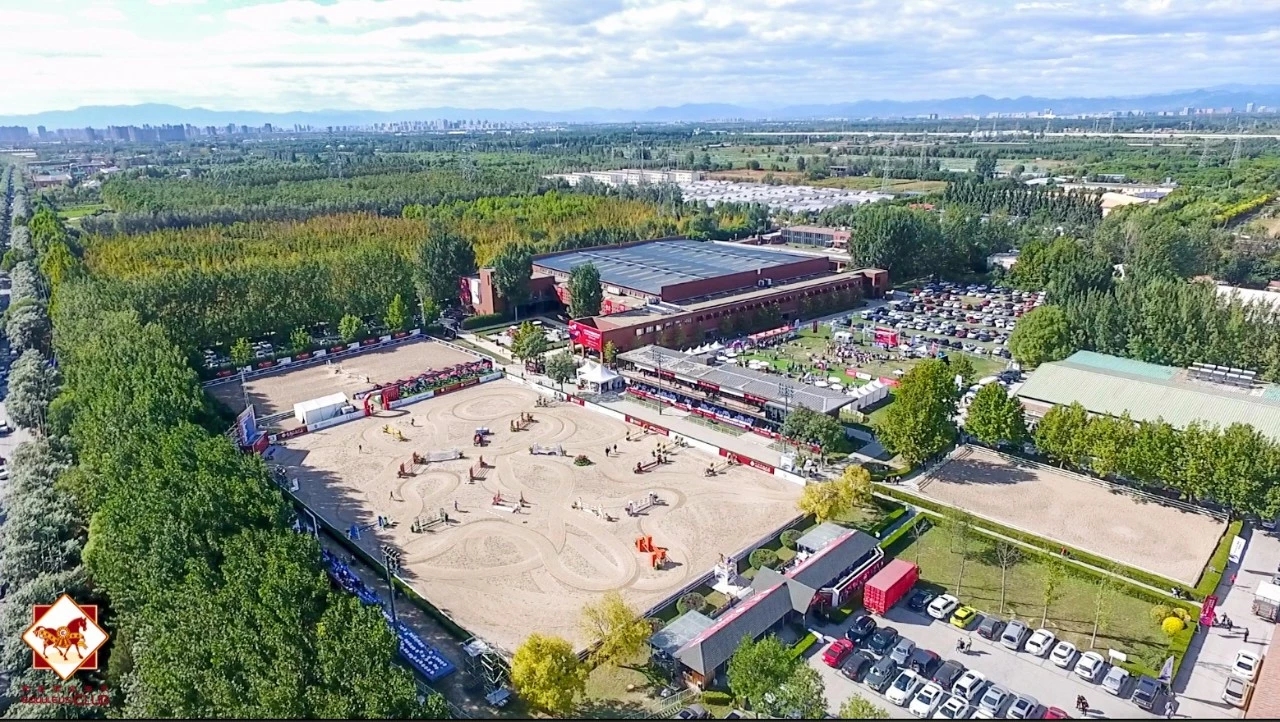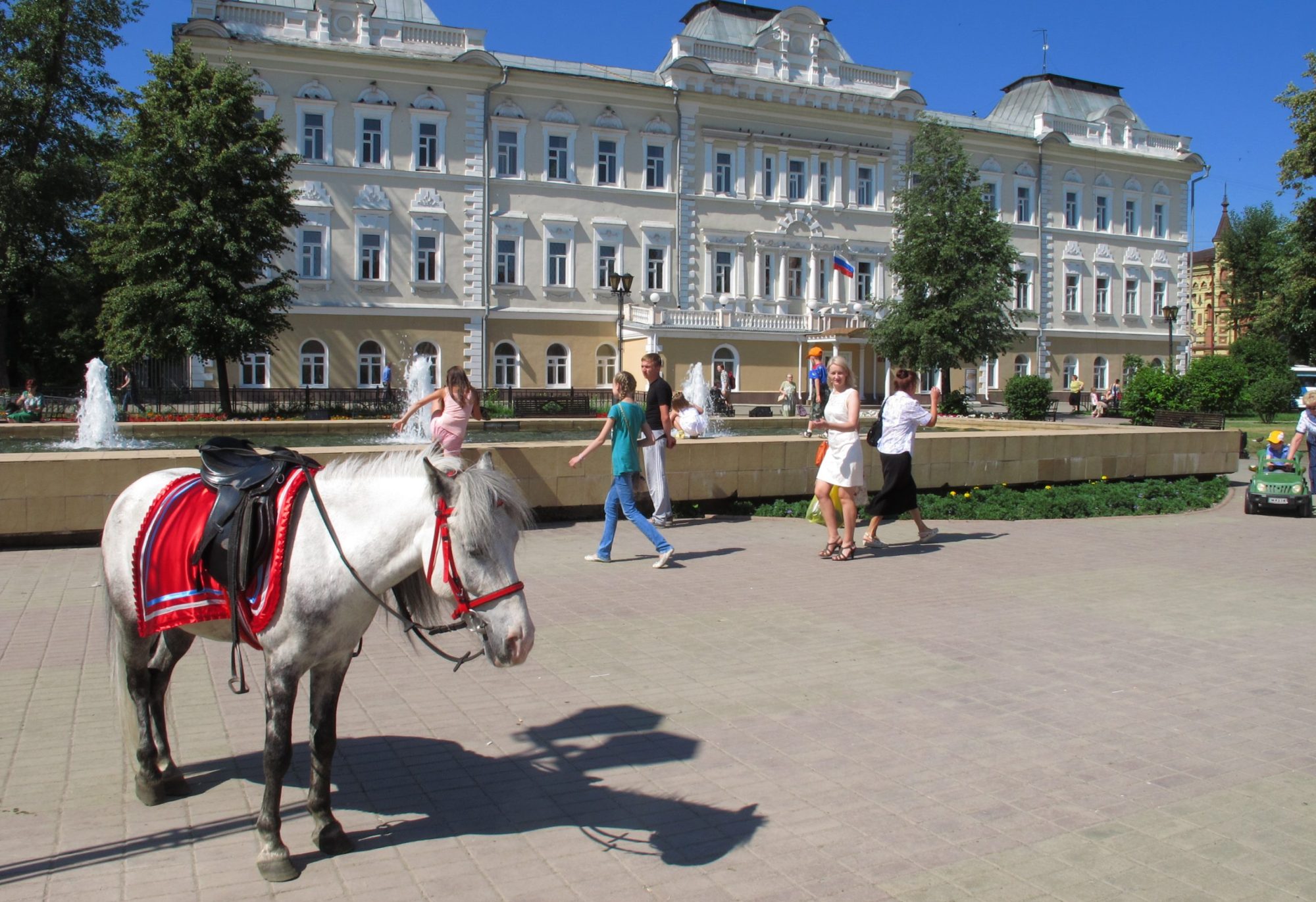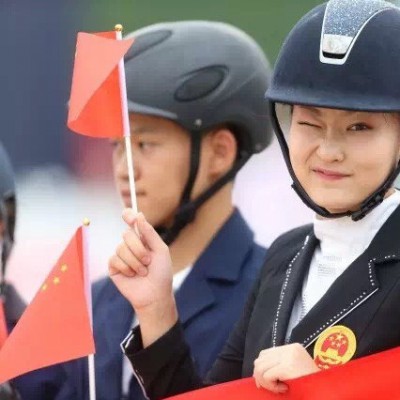Watching a documentary about Sino-British evening champ Hua Tian on the website of Phoenix TV (China’s sole privately owned channel) last night I got to thinking what a perfect mix of talent and real estate money, big brands and private schools (all the must-haves of wealthy Chinese) this Chinese equestrian star represents. And yet the Hua camp appears to struggle to pay international competing at an international level.
Currently preparing for a few big upcoming events (the Asian Games in Korea, but first he’s at the World Equestrian Games in France) and the 2016 Olympics Hua also appeared recently in the Beijing Tatler magazine where he was described variously as China’s ‘dressage king’ and ‘equestrian knight’.
Not surprisingly the magazine (a favourite of luxury-brand advertisers and consumers) focused on his schooling at Eton (brand name education is another preoccupation of China’s wealthy) and his ethnicity (Hua rides for China having dropped his British nationality to ride for China at the 2008 Olympics. His father’s from Beijing, his mother is British. But Hua earns fees as a brand ambassador in China for Visit Britain and for posh suit maker Gieves & Hawkes – which like most brands crave acceptance and sales in China.
Yet what isn’t much focused on in the Chinese media is the Hua Tian stable. Jiang Fengcan, a friend and fellow property developer, put up the EUR1.5 million that paid for the horses and training that Hua Tian needed to compete at the 2008 Olympics. Yet Hua Tian says he couldn’t ride at the World Equestrian Games in 2010 because of lack of sponsorship. Likewise he couldn’t make the London Olympics because of lack of fit horses – and sponsorship.
Given he’s a marketing dream for brands seeking sales in China (a photo spread he did in the Chinese edition of Sports Illustrated in the run up to the London Olympics appeared to be sponsored by Land Rover, a favourite car of China’s nouveau riche) it’s puzzling why Hua appears to be struggling to afford international competitions.
A comment from Alex (Hua’s English name) for a Gieves & Hawke press release suggests a wealthy upbringing: “My father instilled in me the understanding that it is the heritage and quality of their tailoring that makes Gieves & Hawkes so special,” said Alex. ”While wearing their clothes, one is conscious of following in the footsteps of great men and maintaining a tradition for understated British elegance. I am deeply honoured to represent such a wonderful brand.”
Another youthful Chinese rider, Zhu Meimei, has been praised in the Chinese media as a medal hopeful at the 2016 Games in Rio. That’s of course if she qualifies, but family success in the Chinese real estate sector should ensure that bloodstock purchases won’t be an issue.




